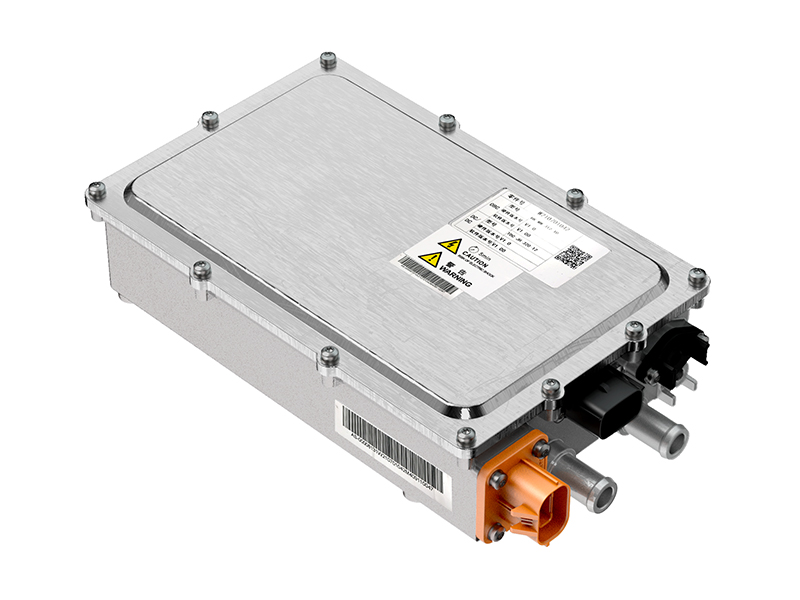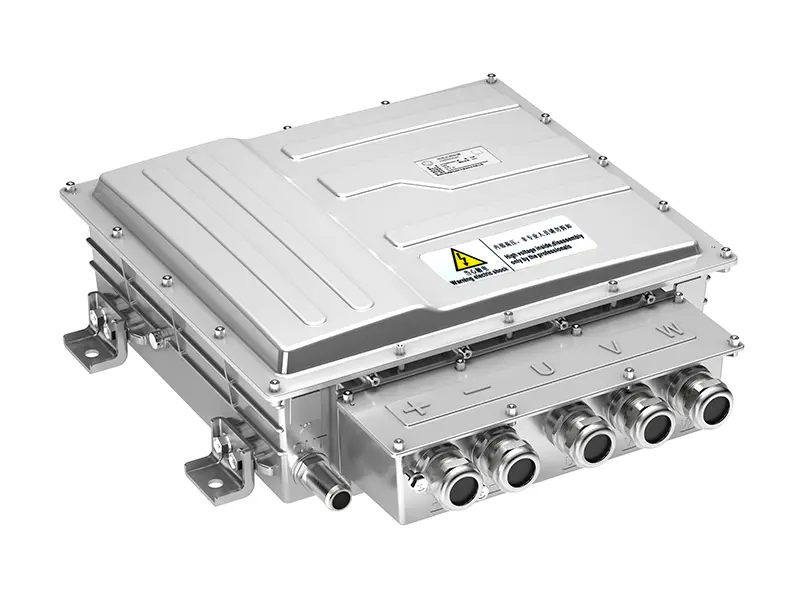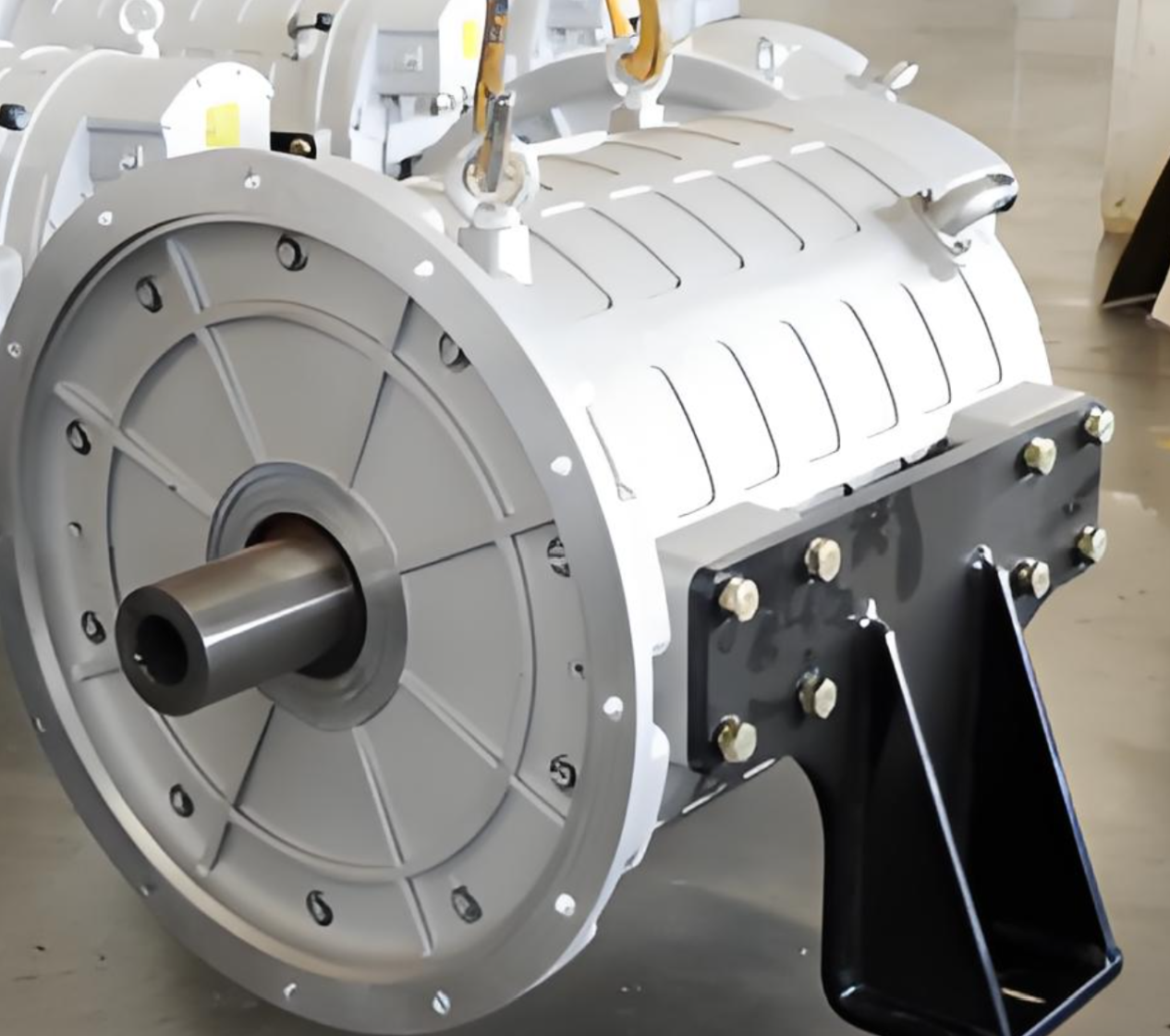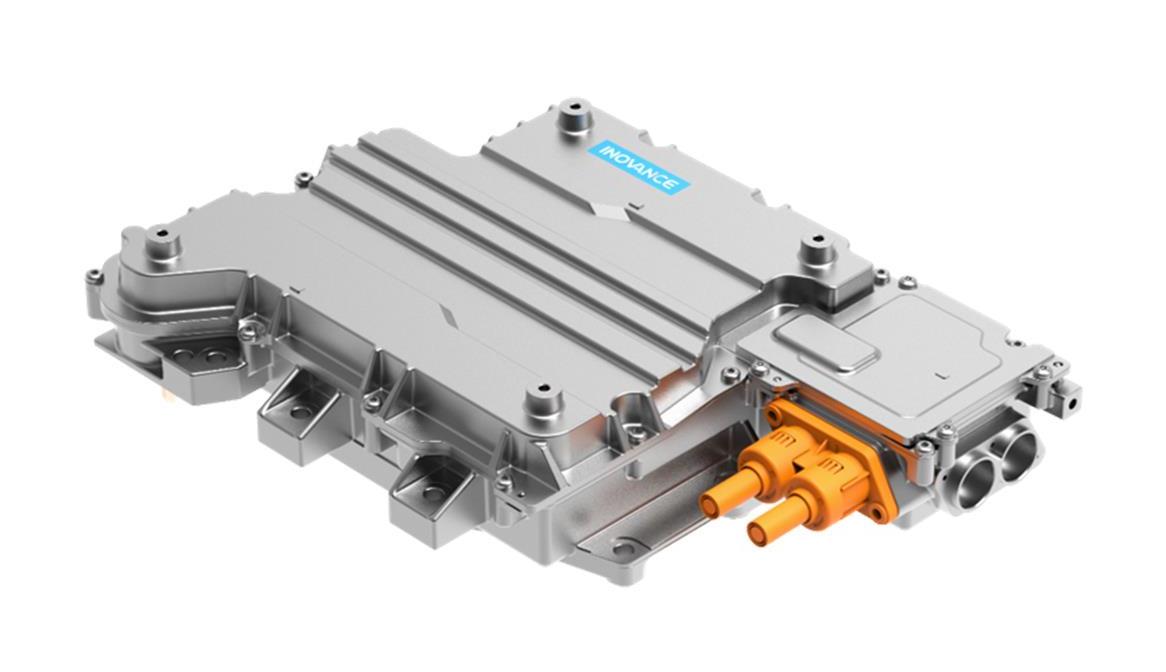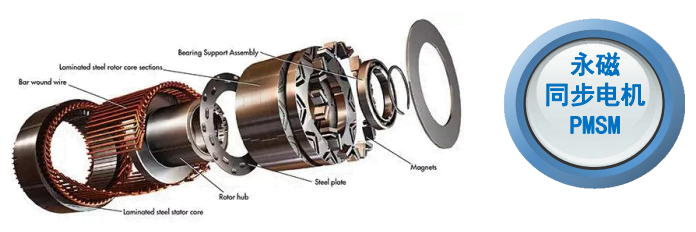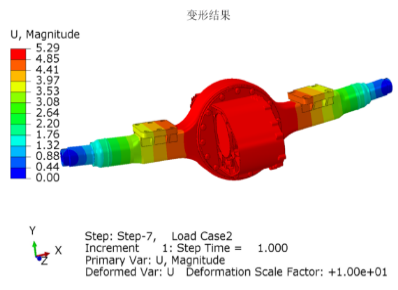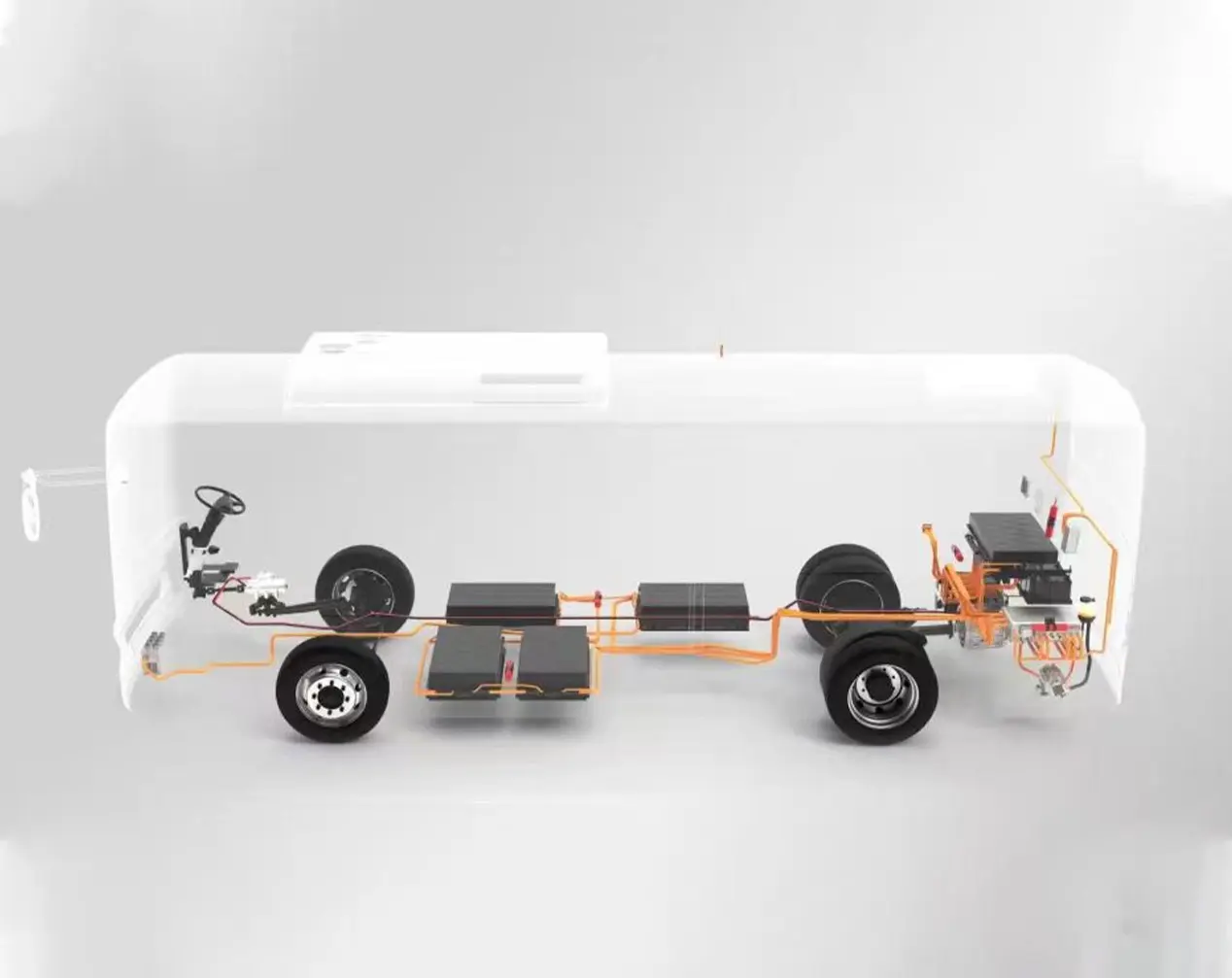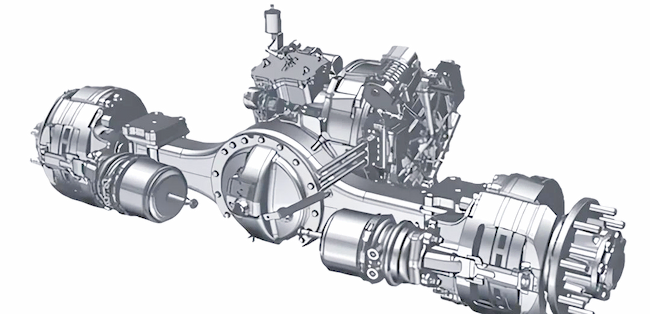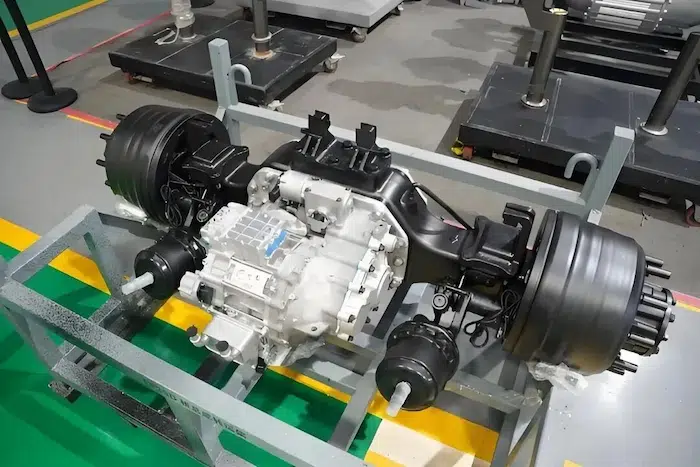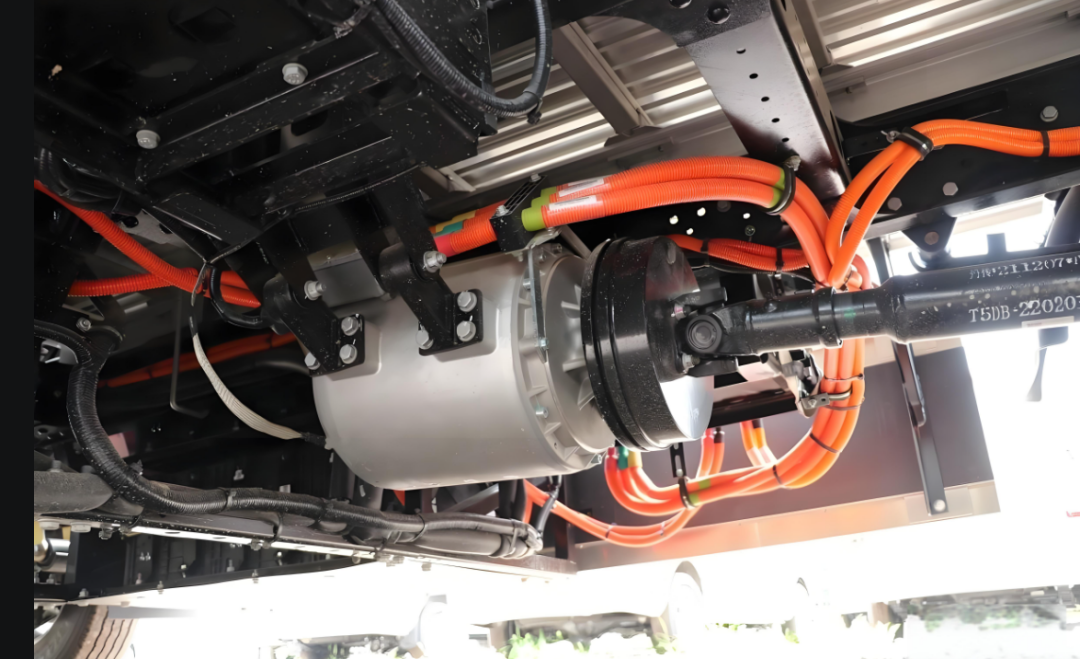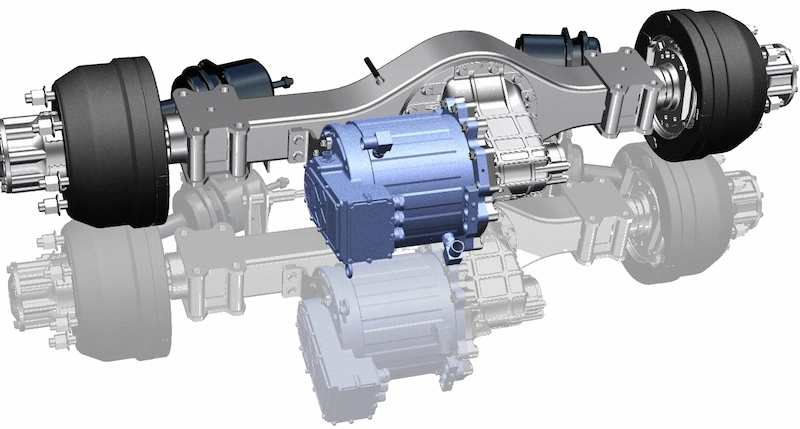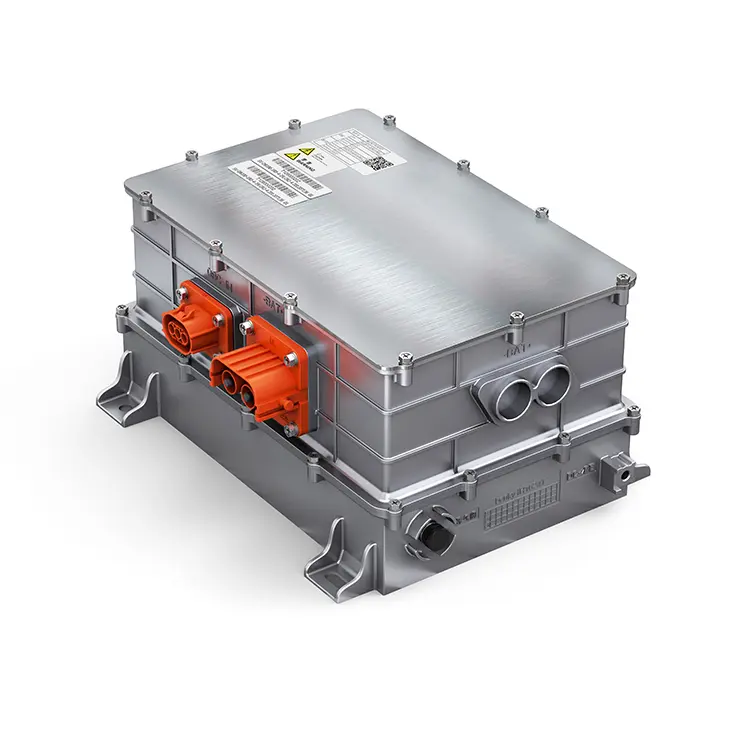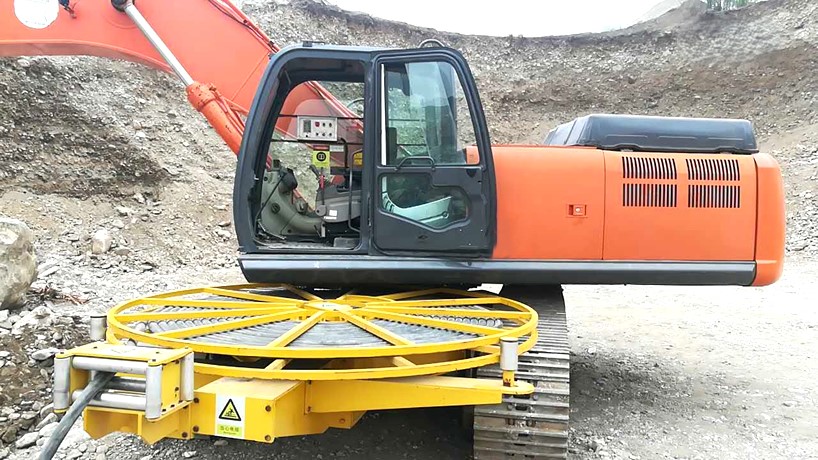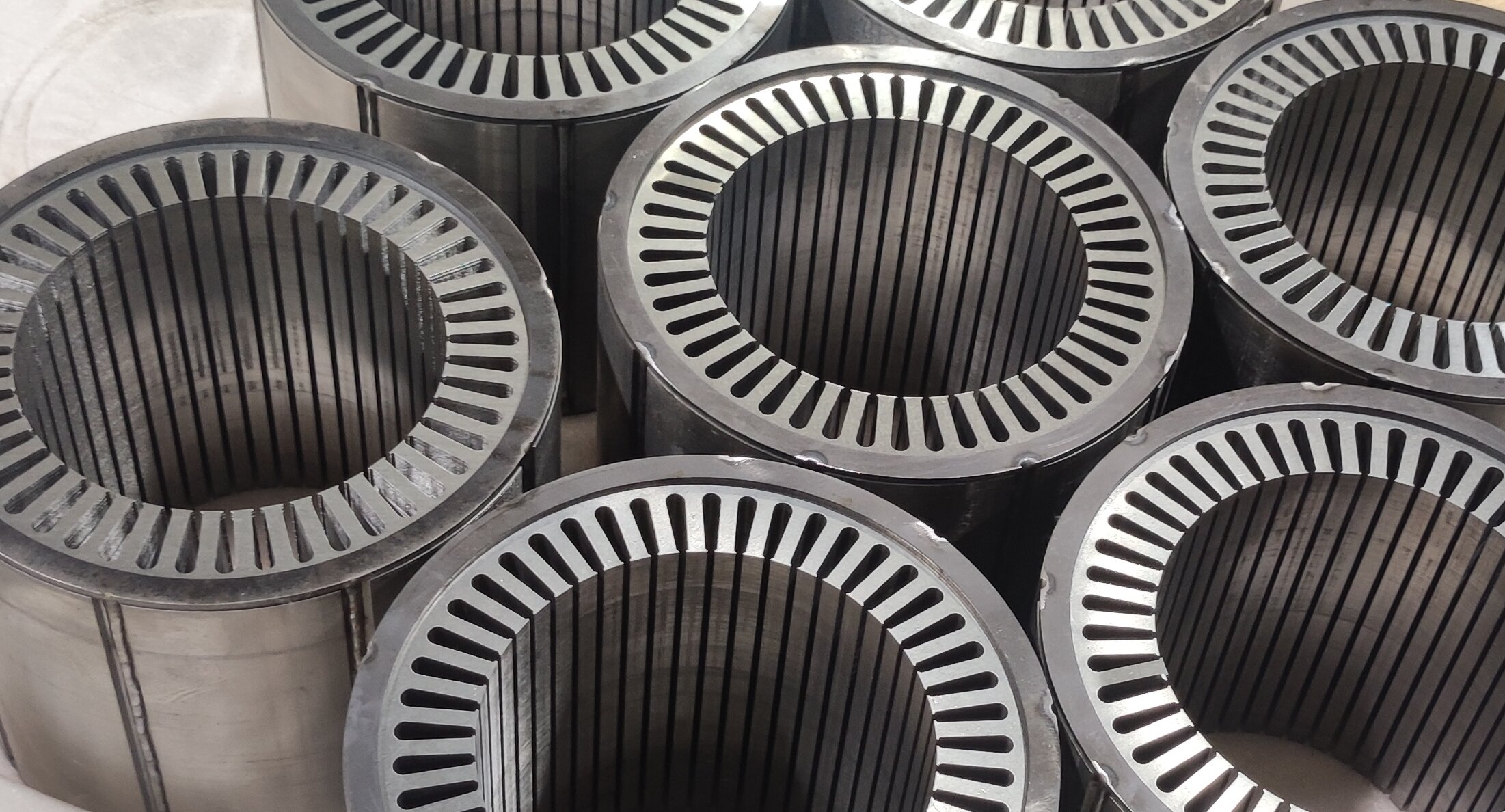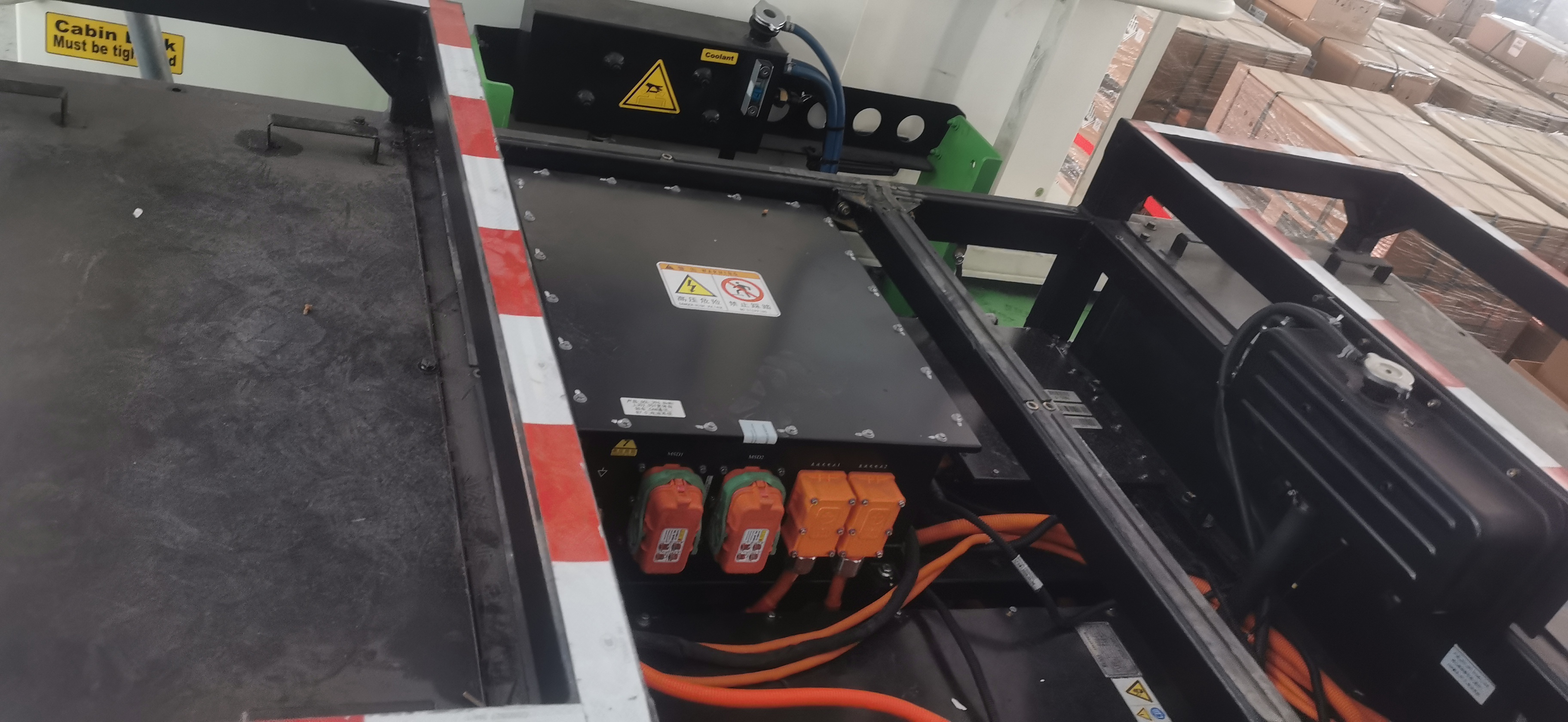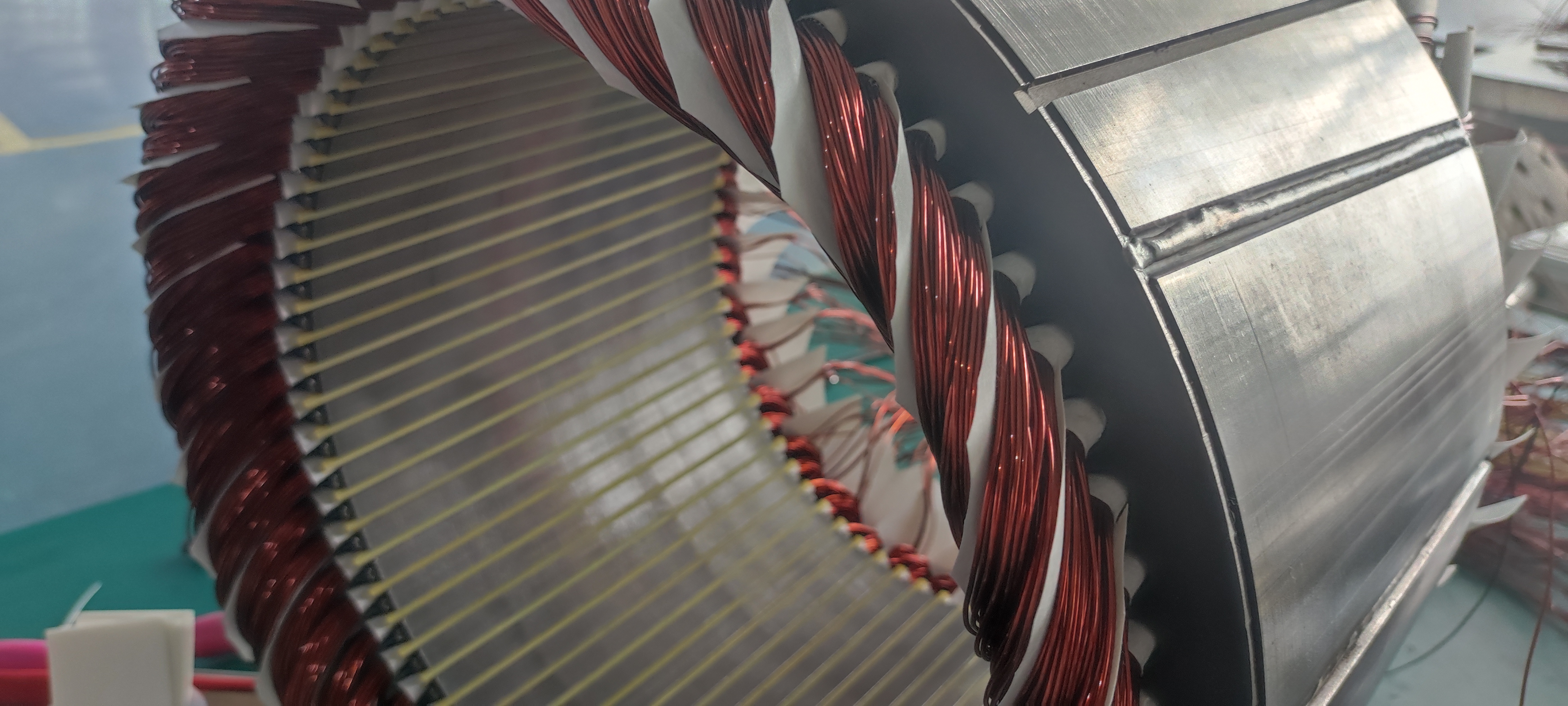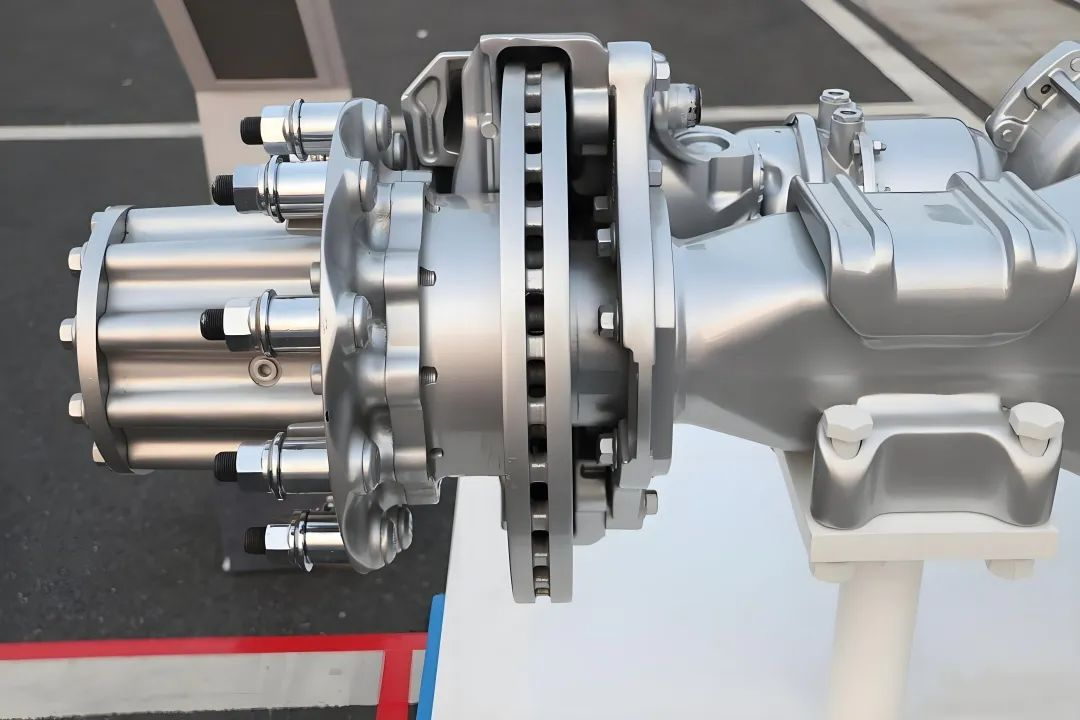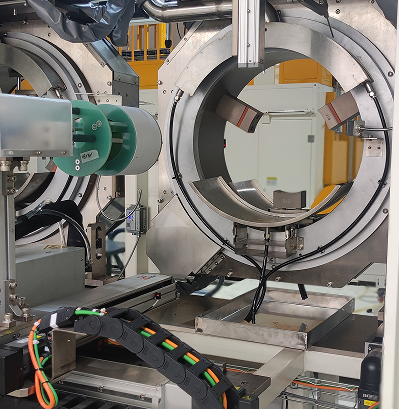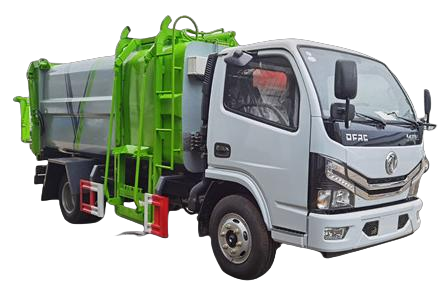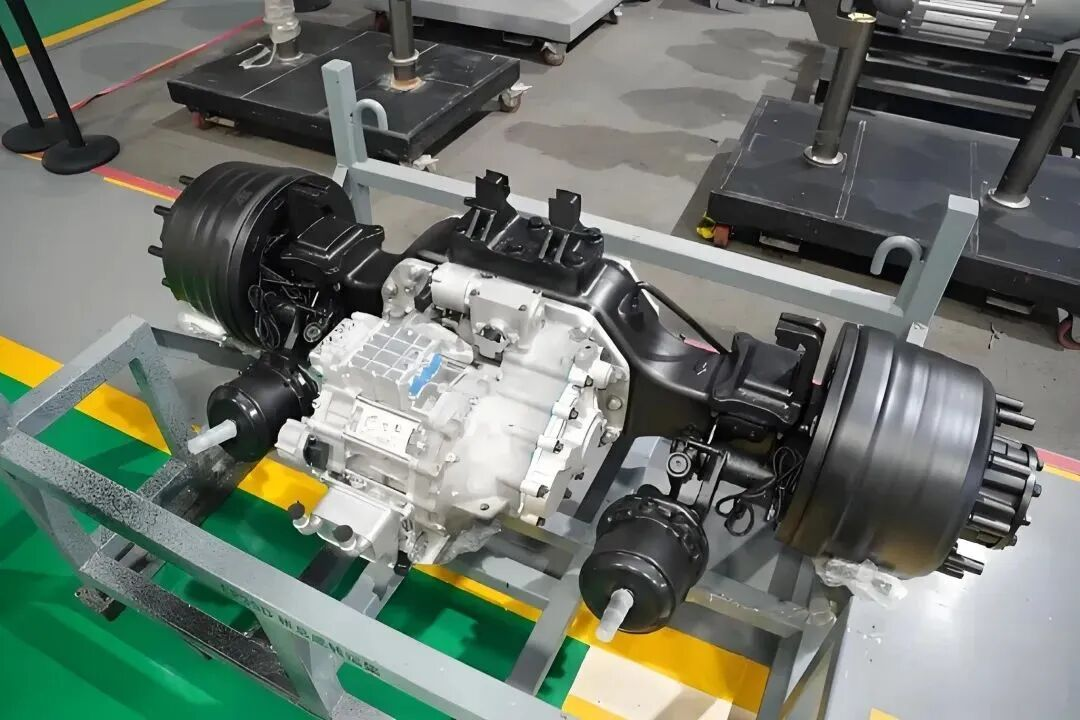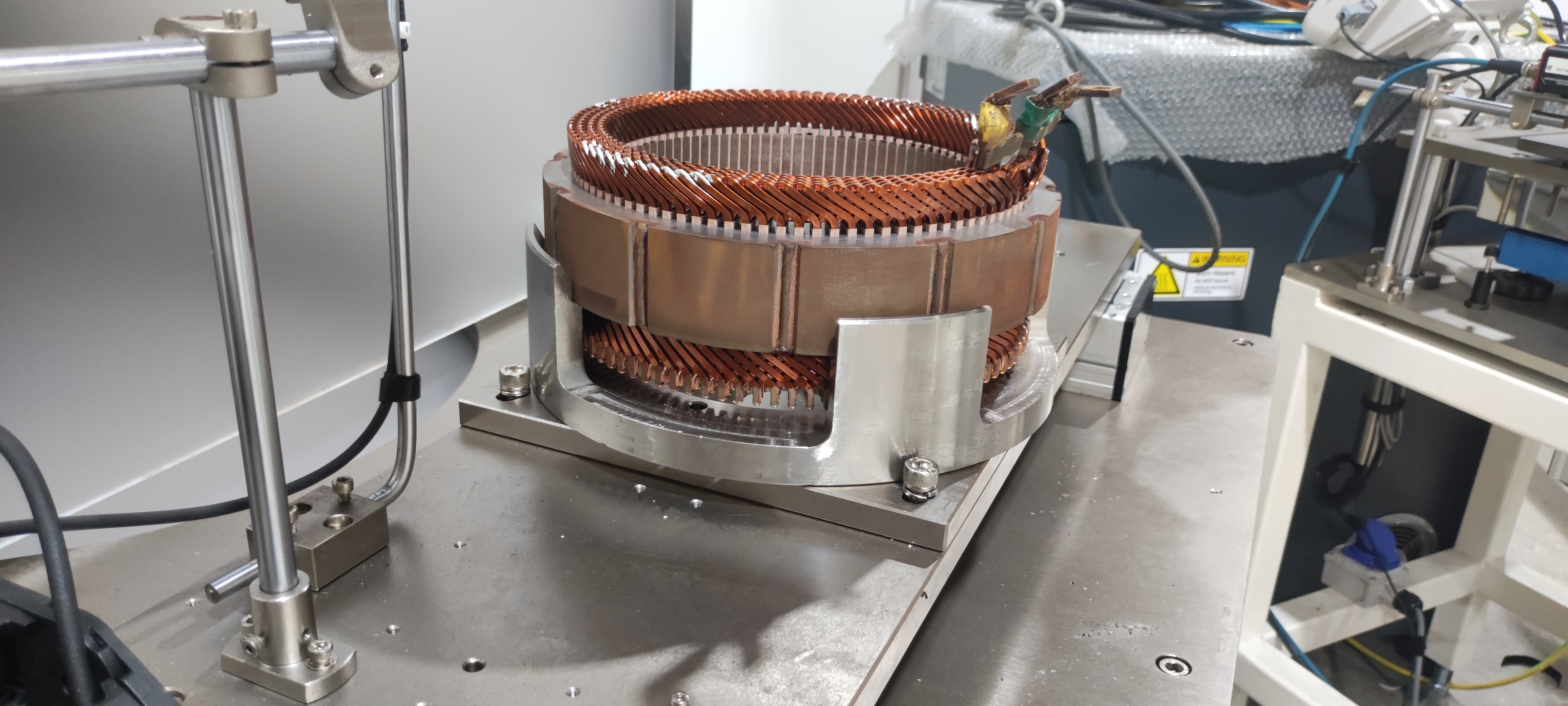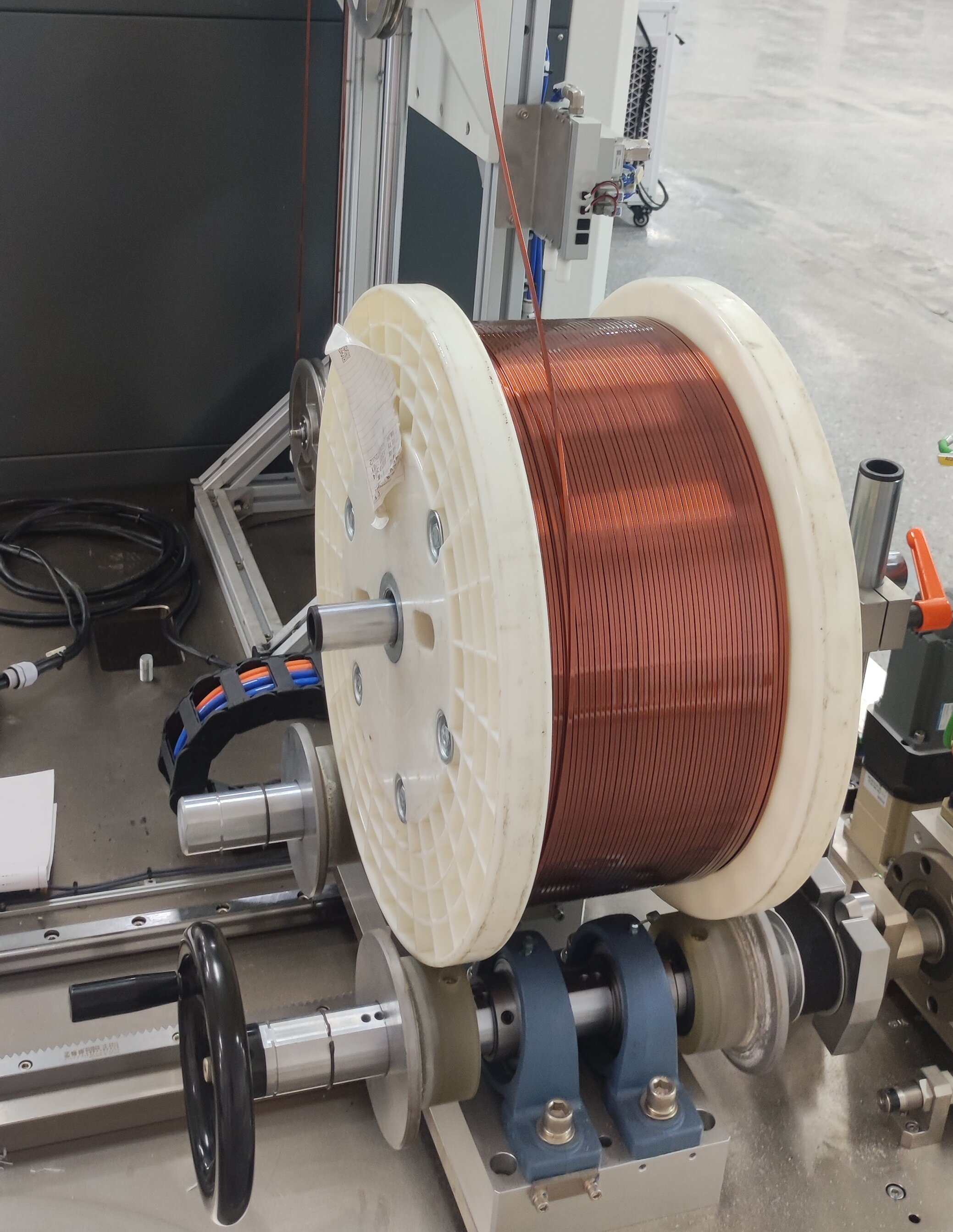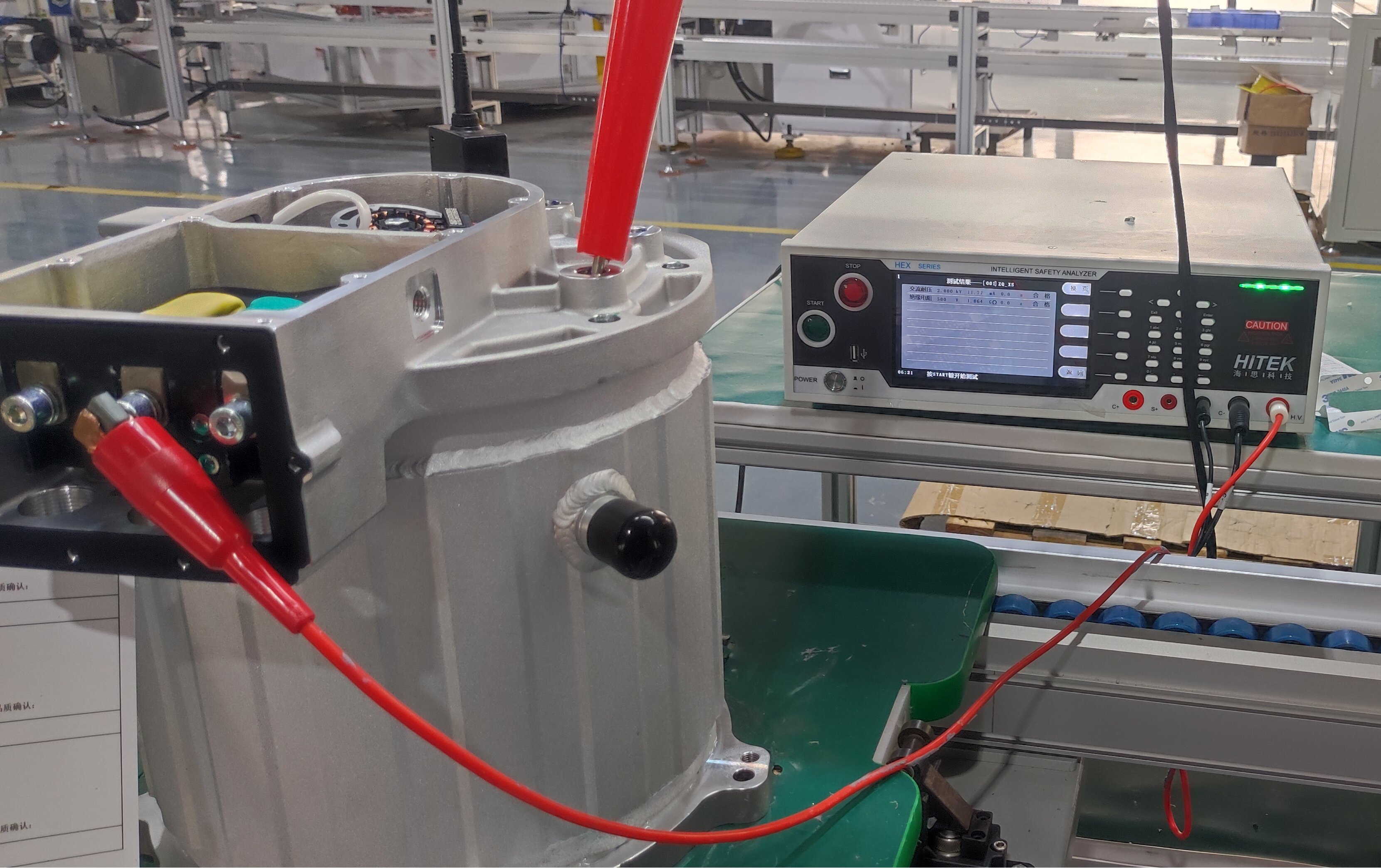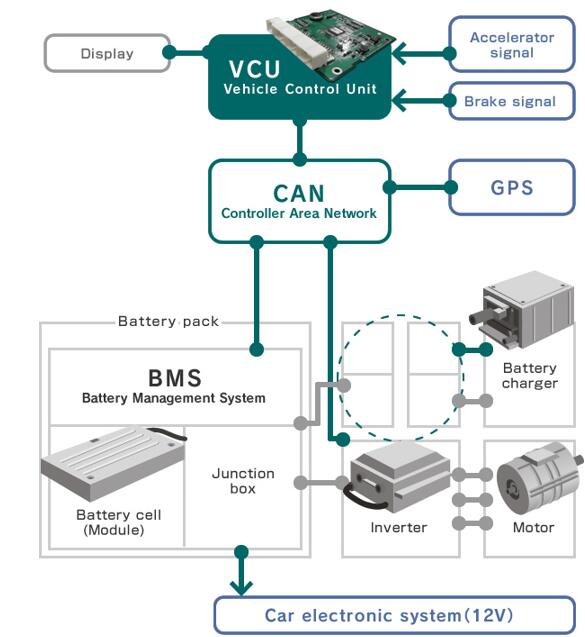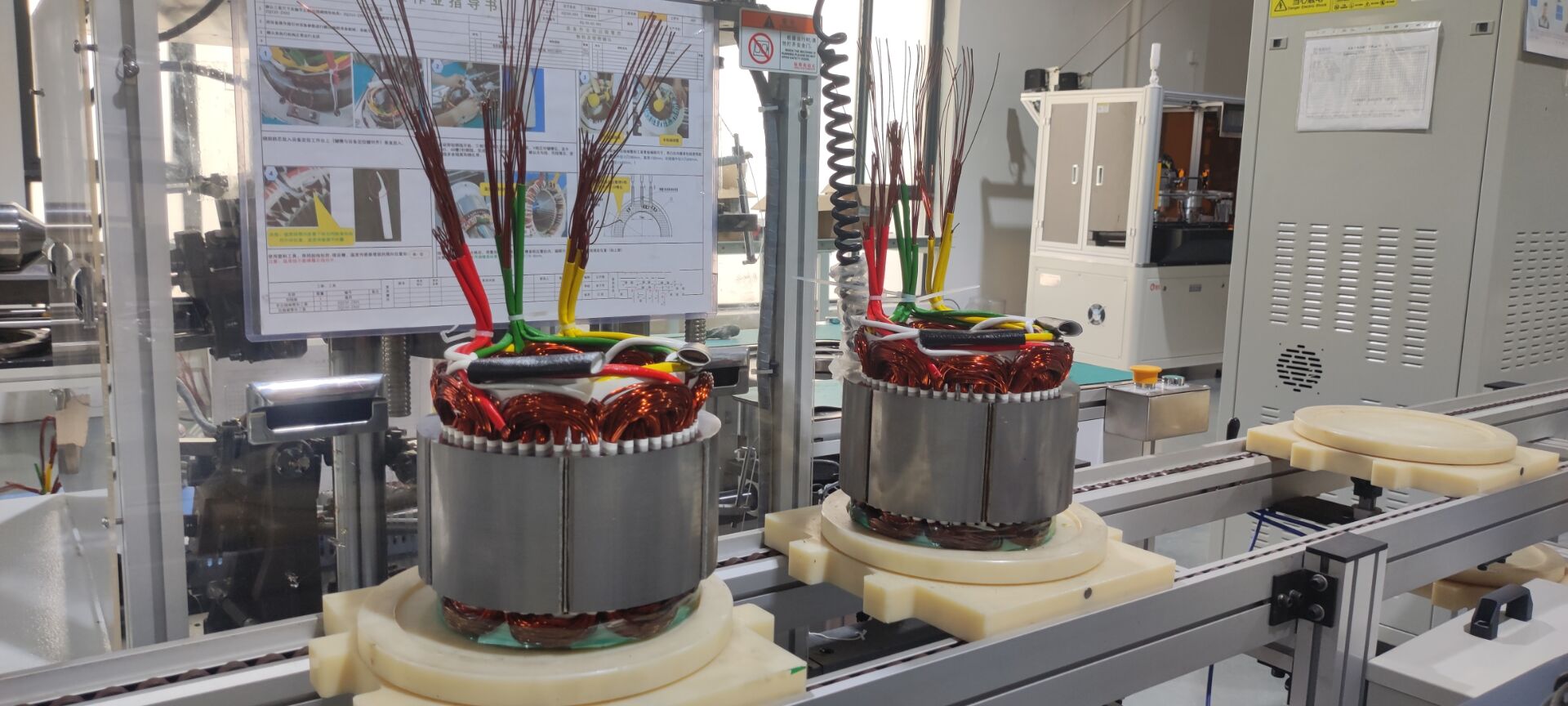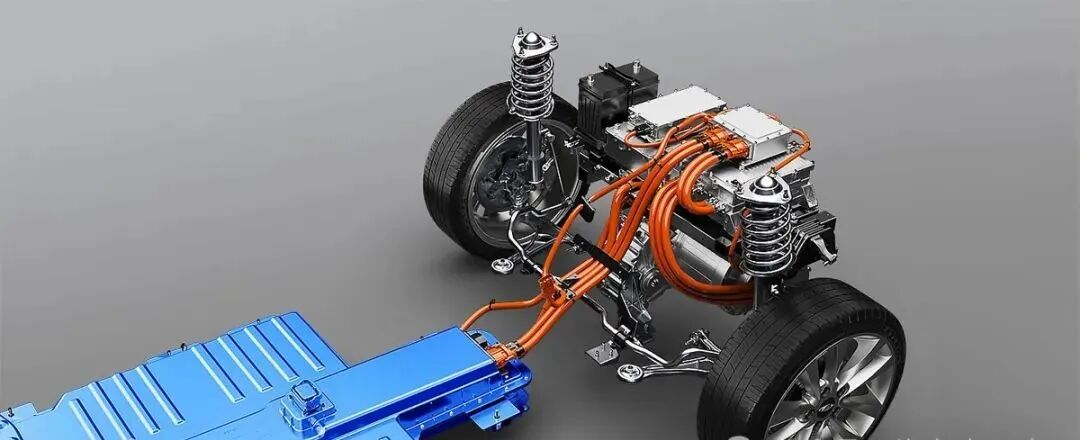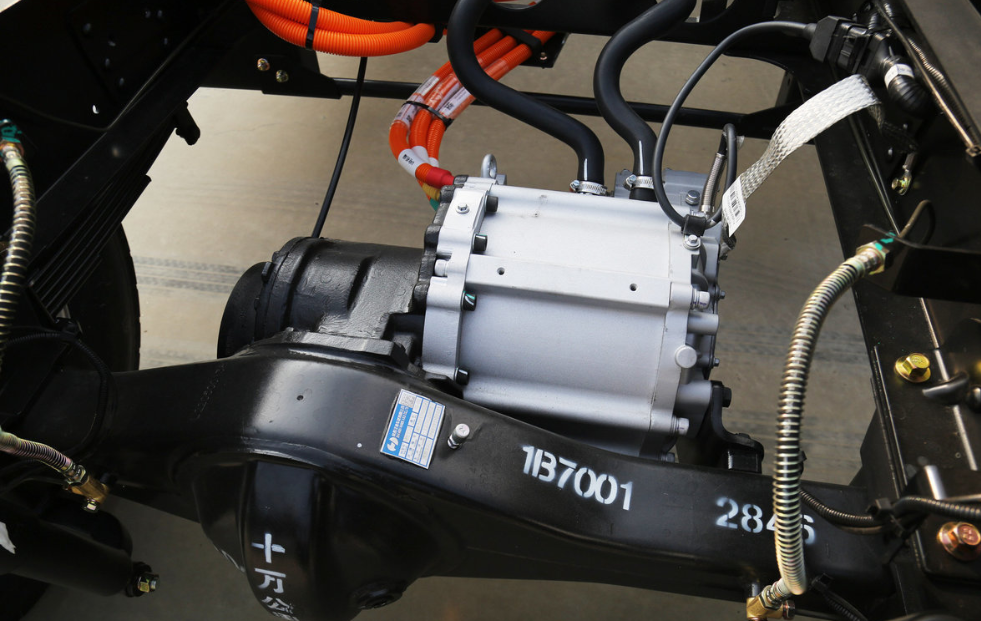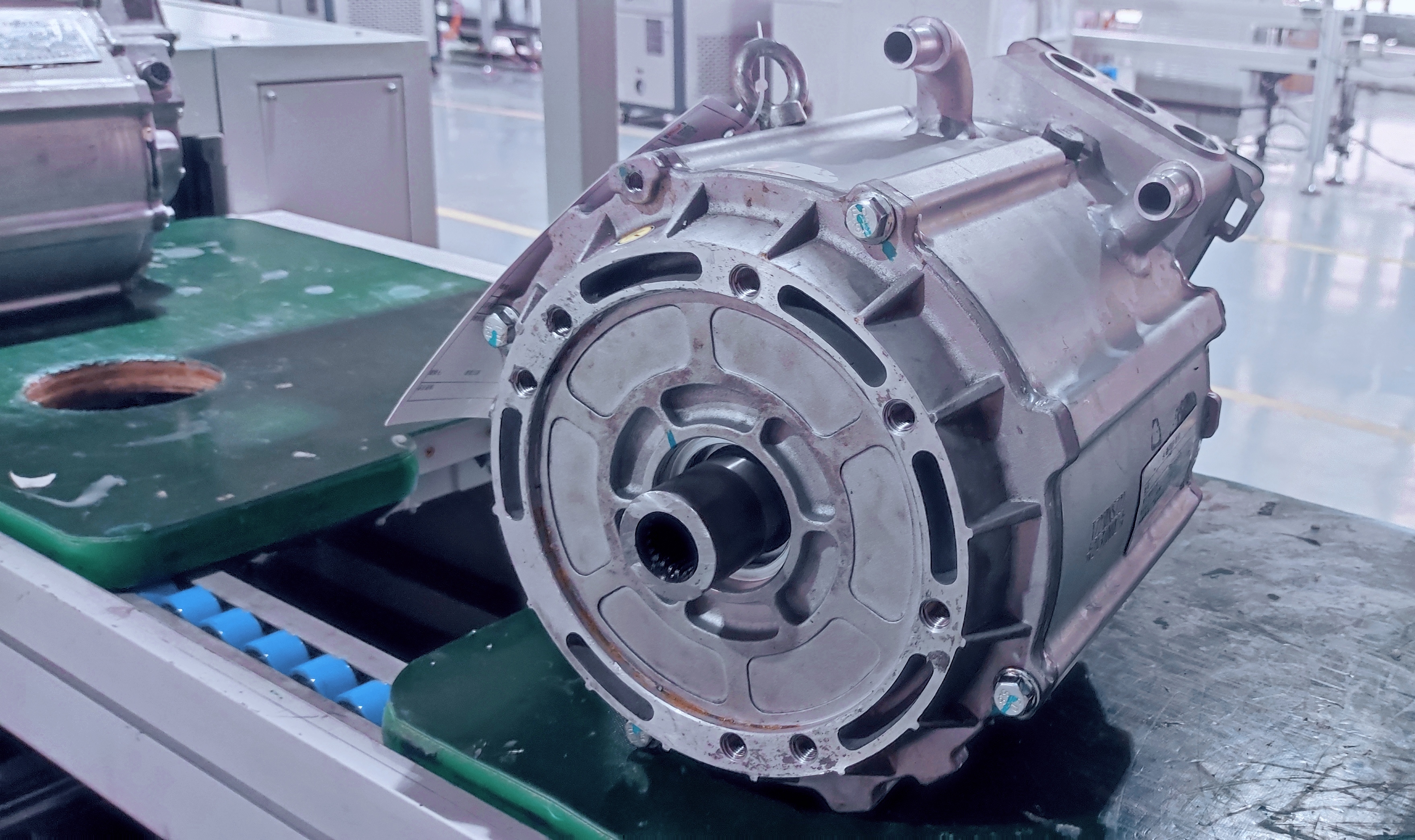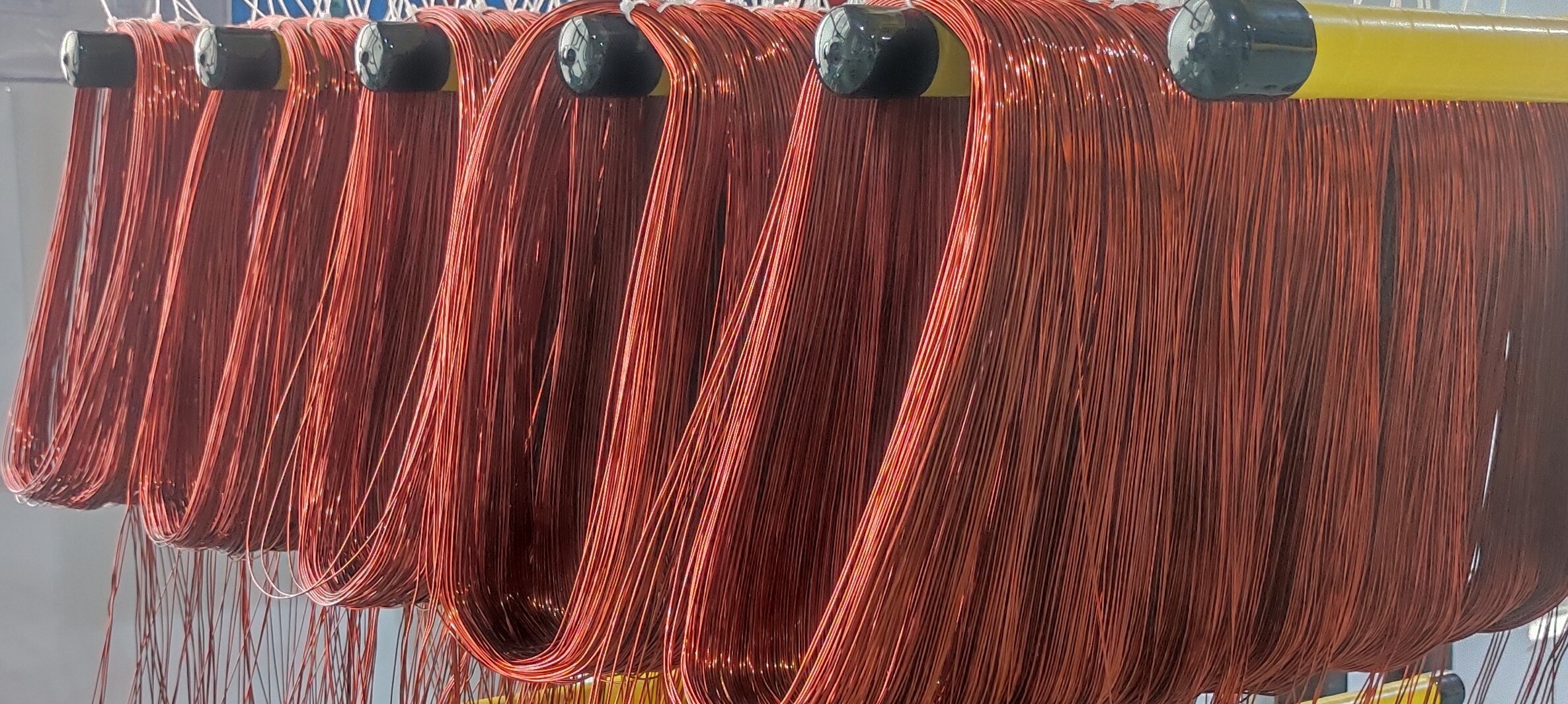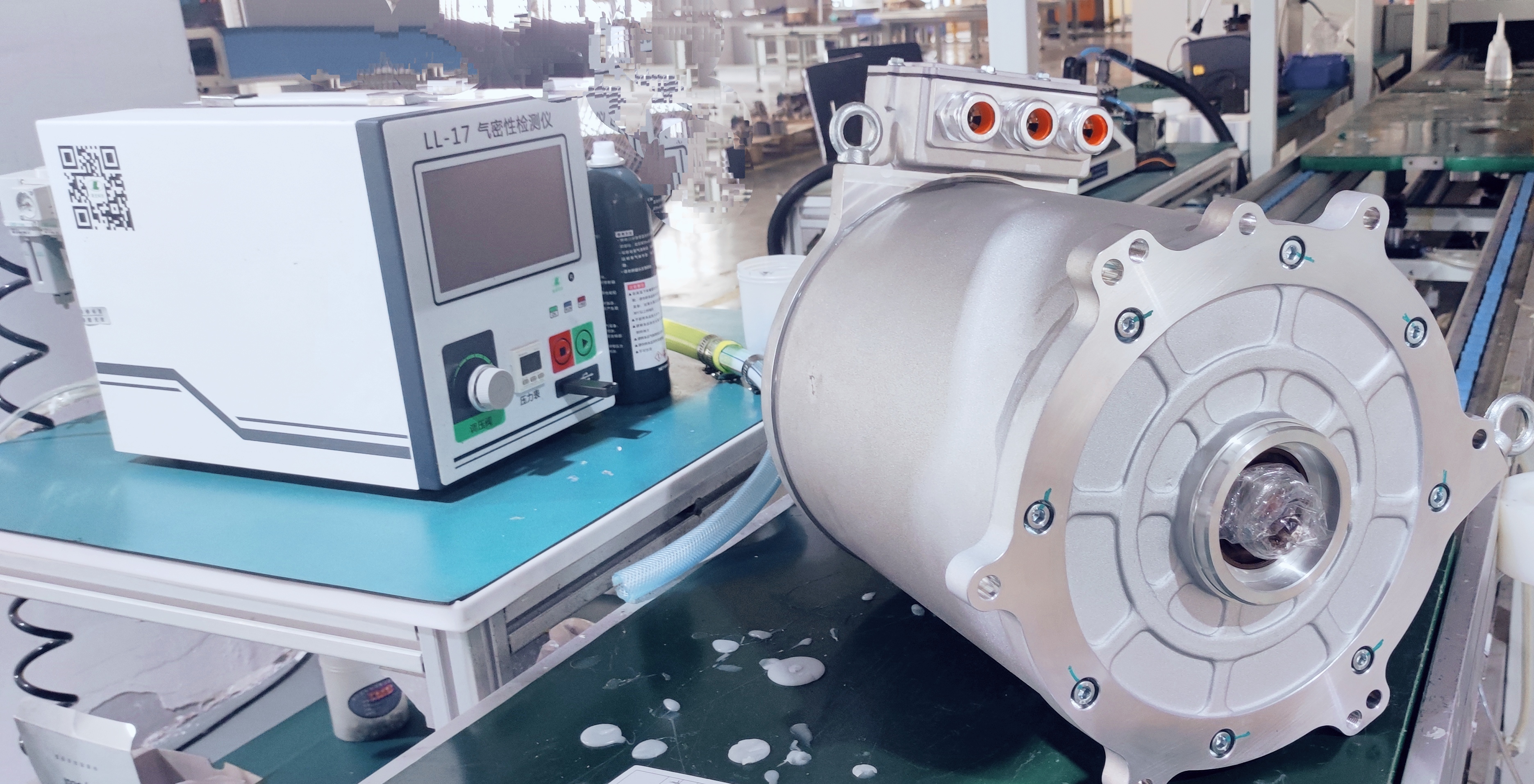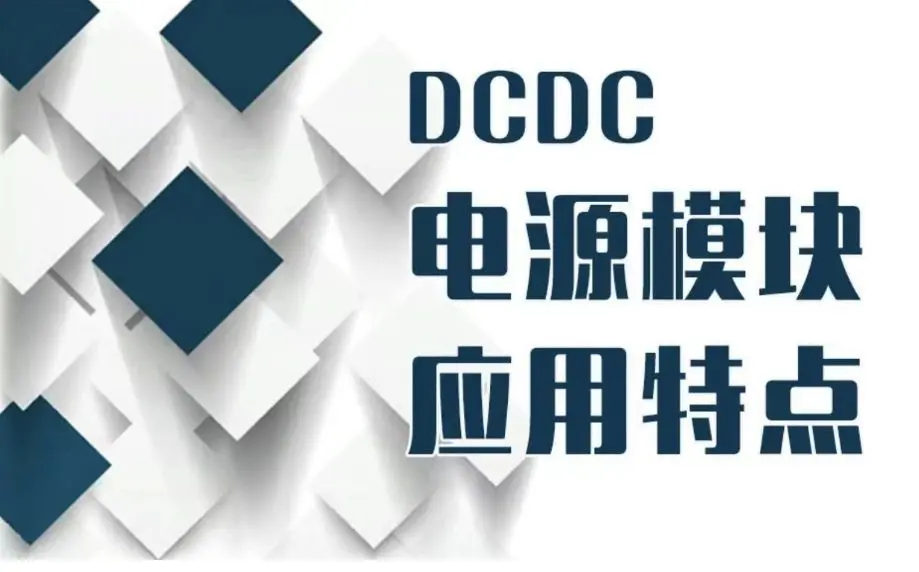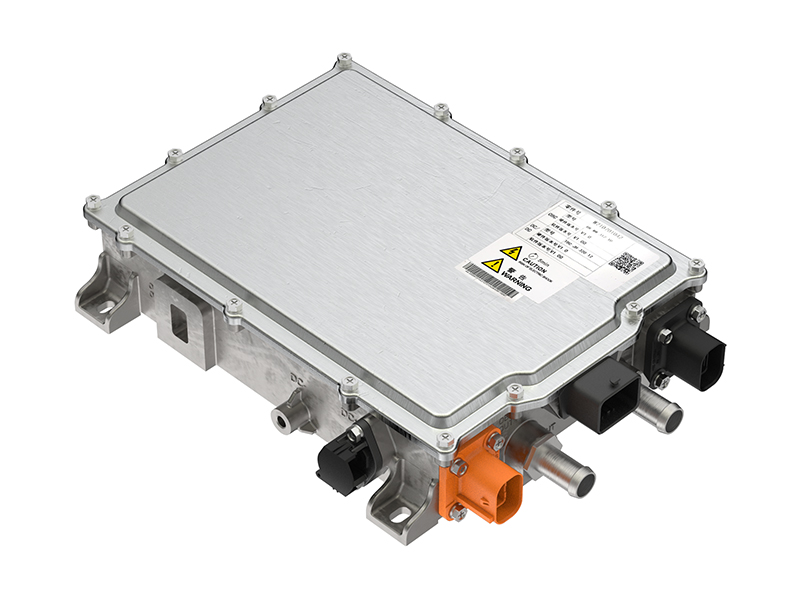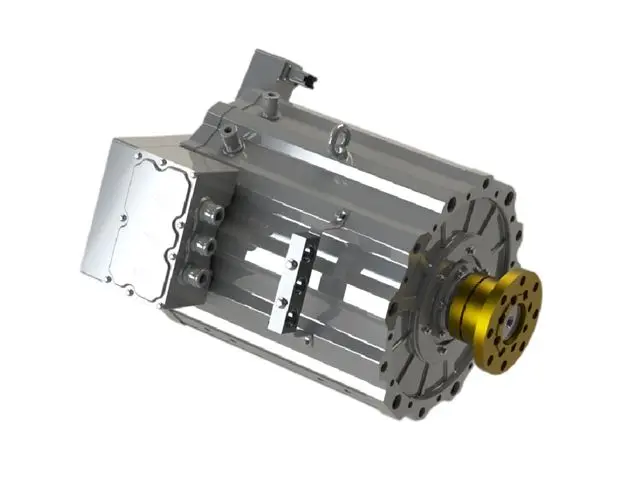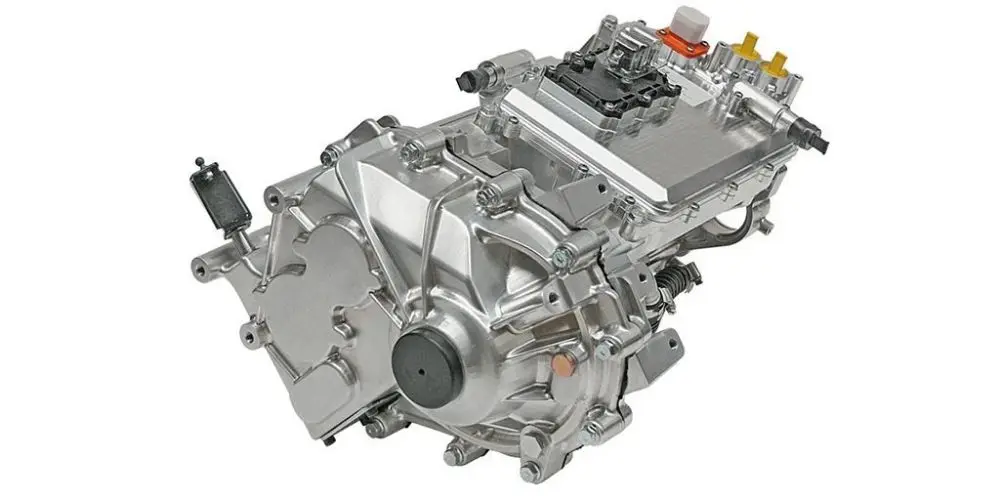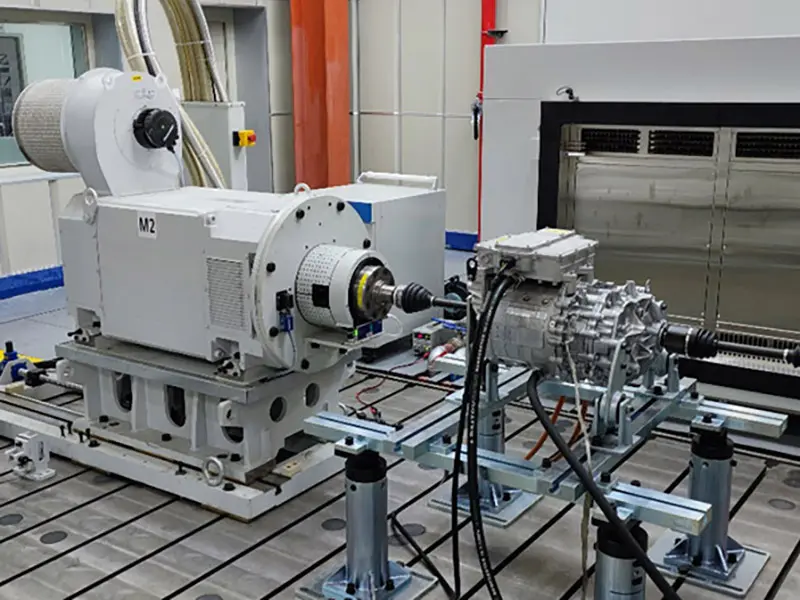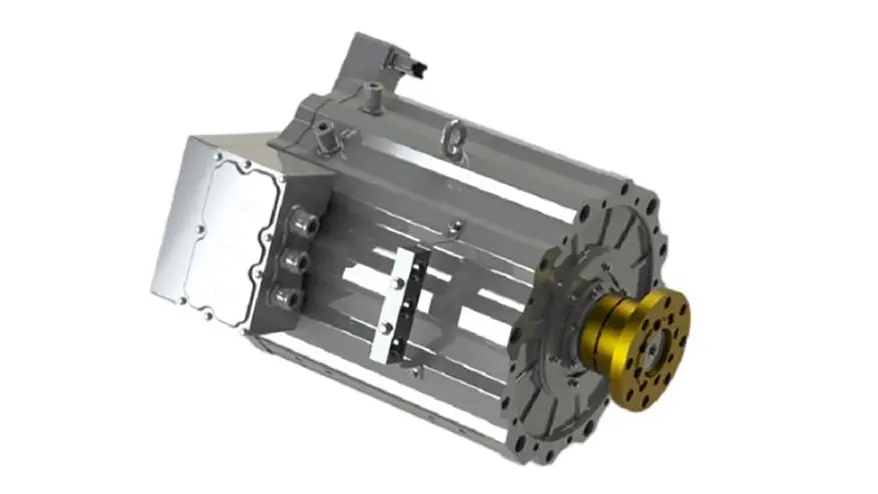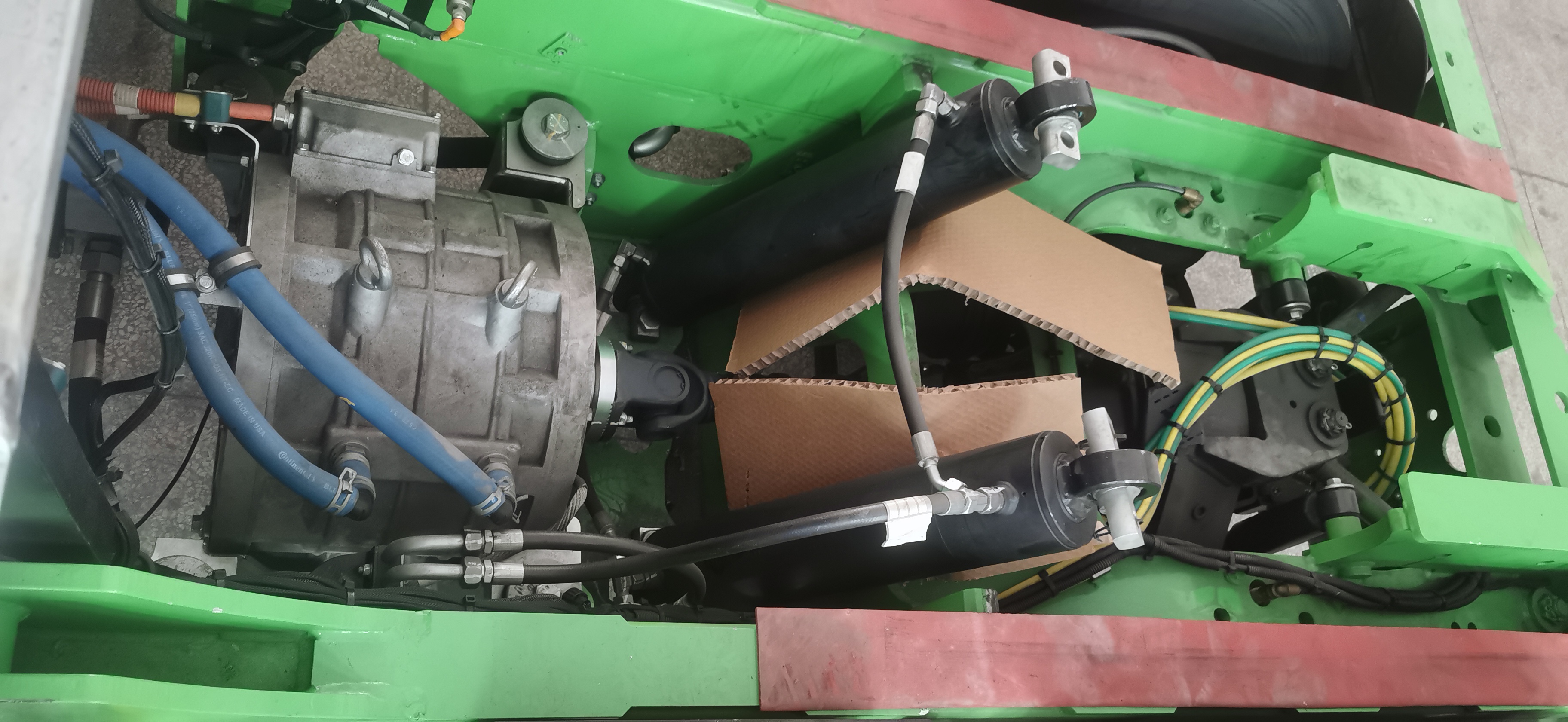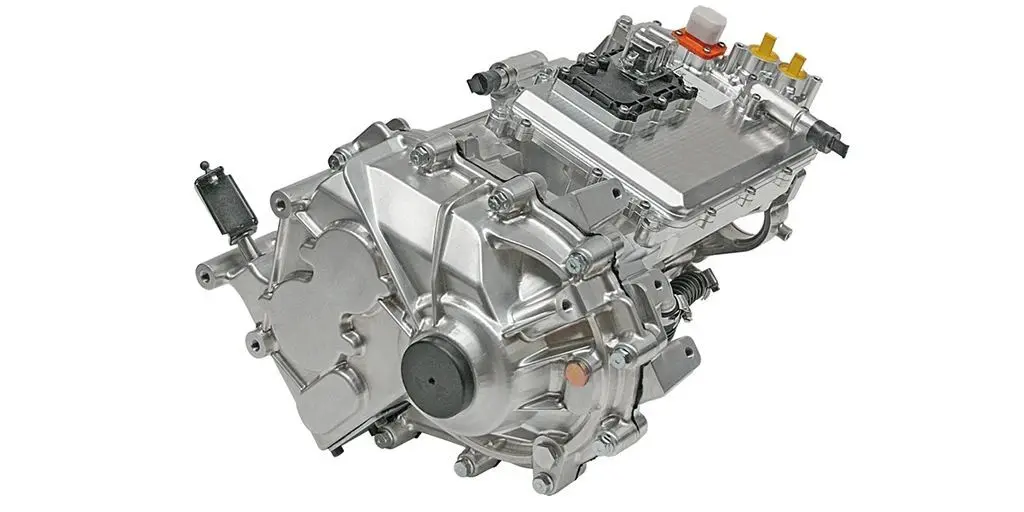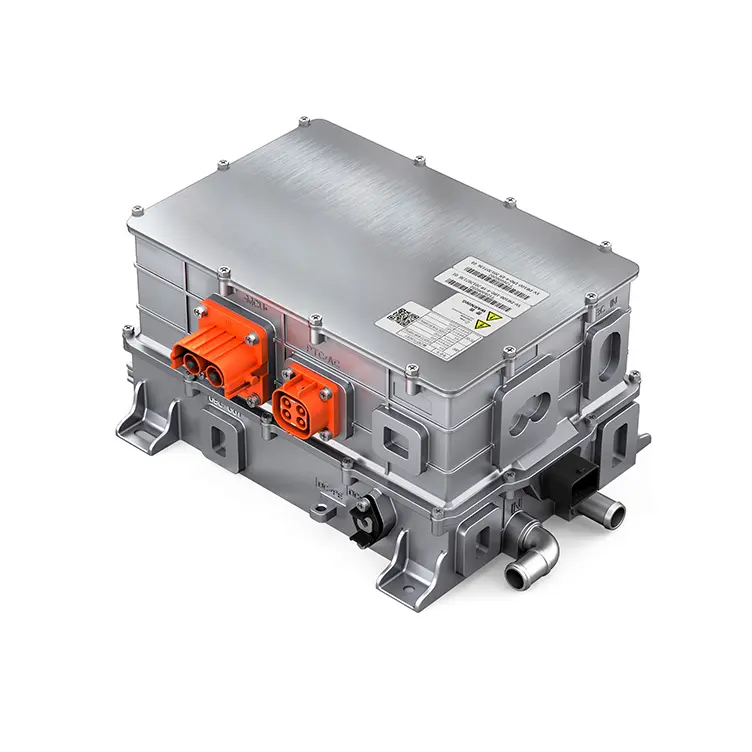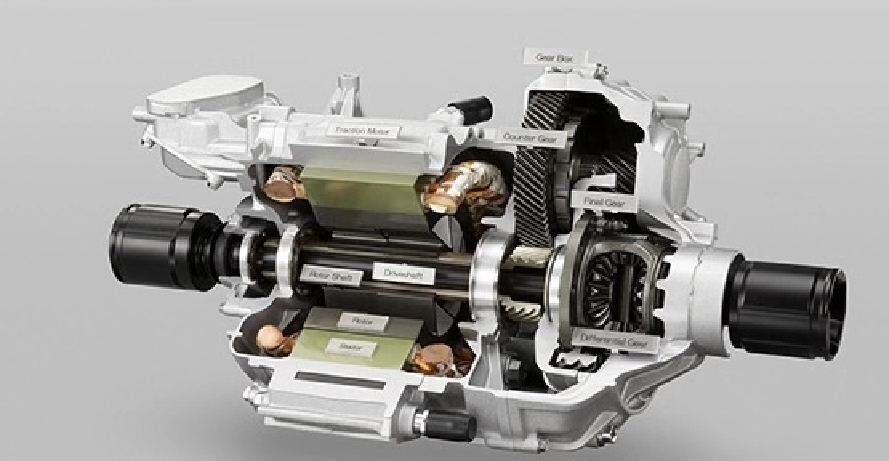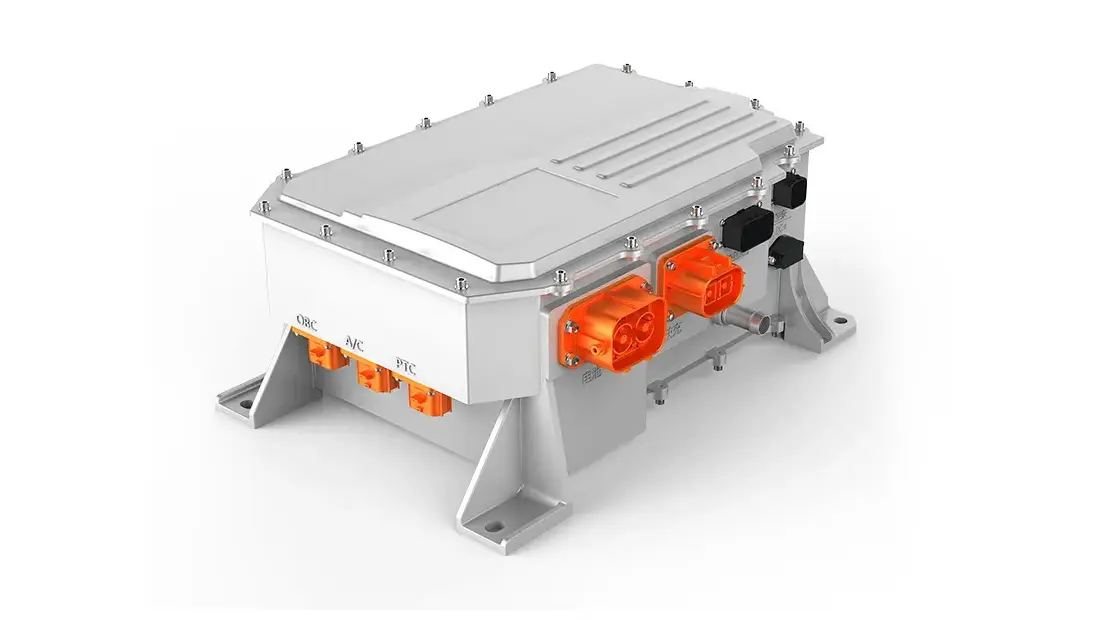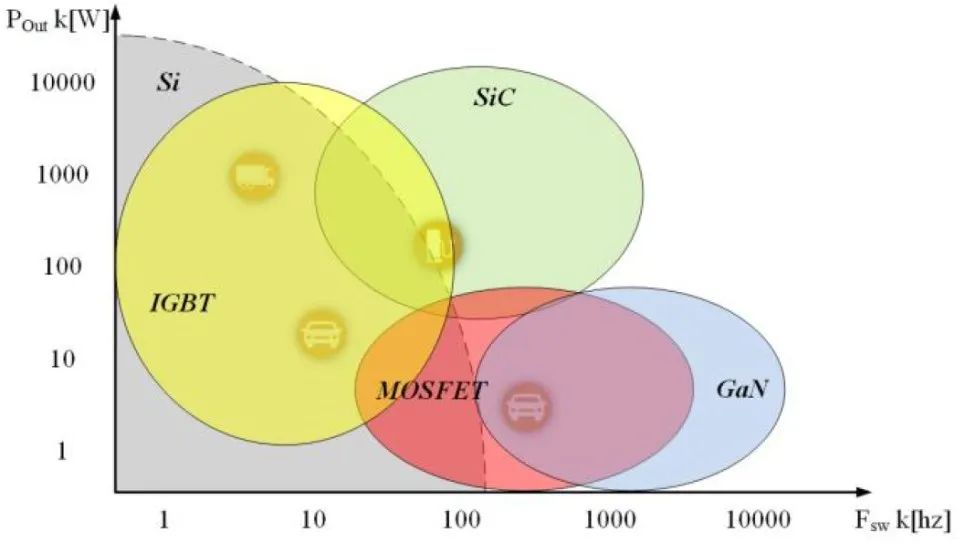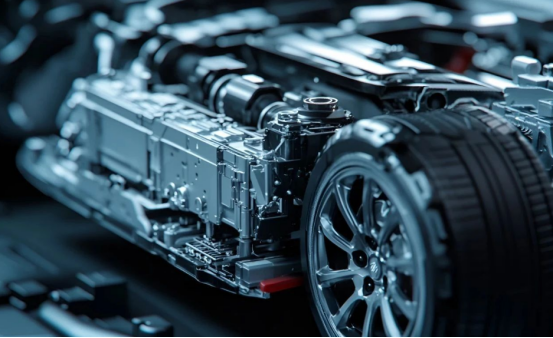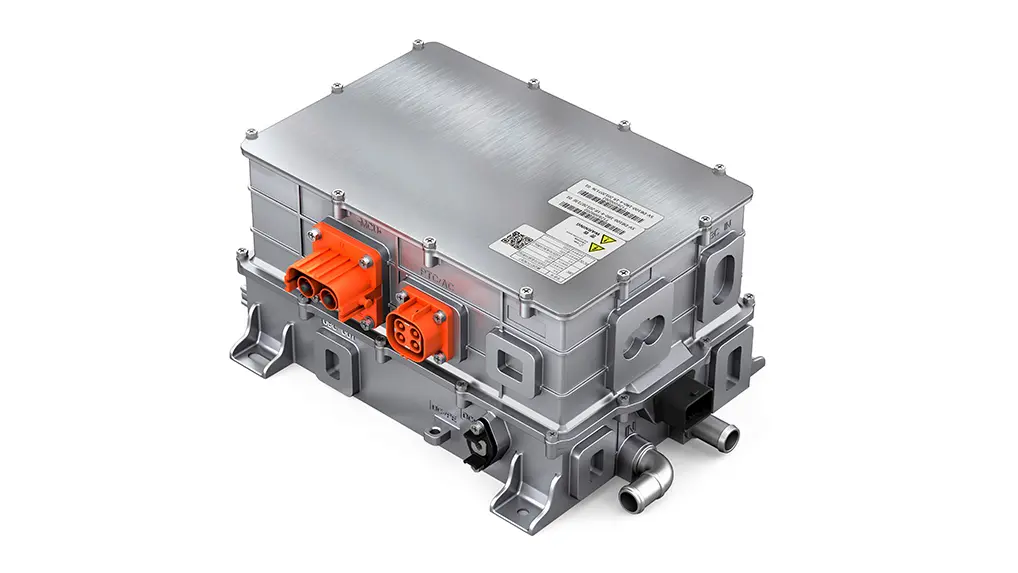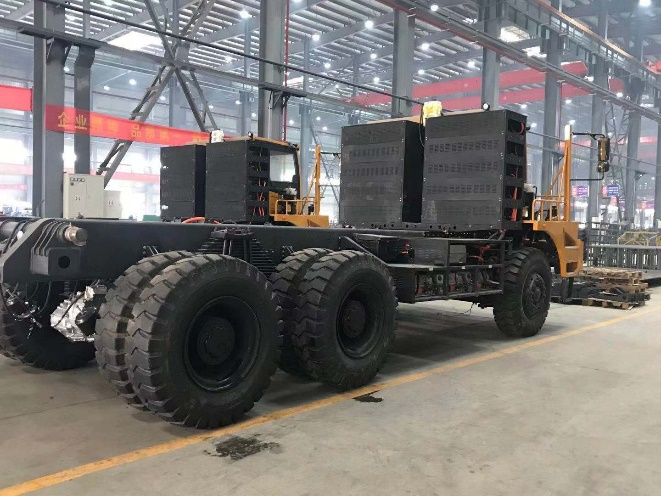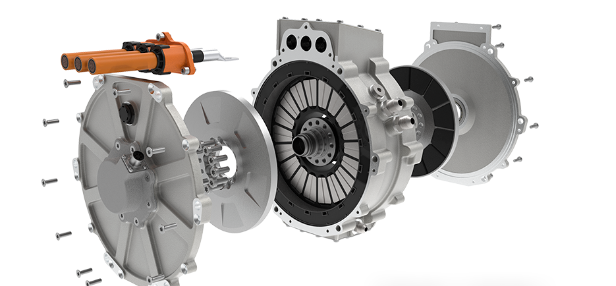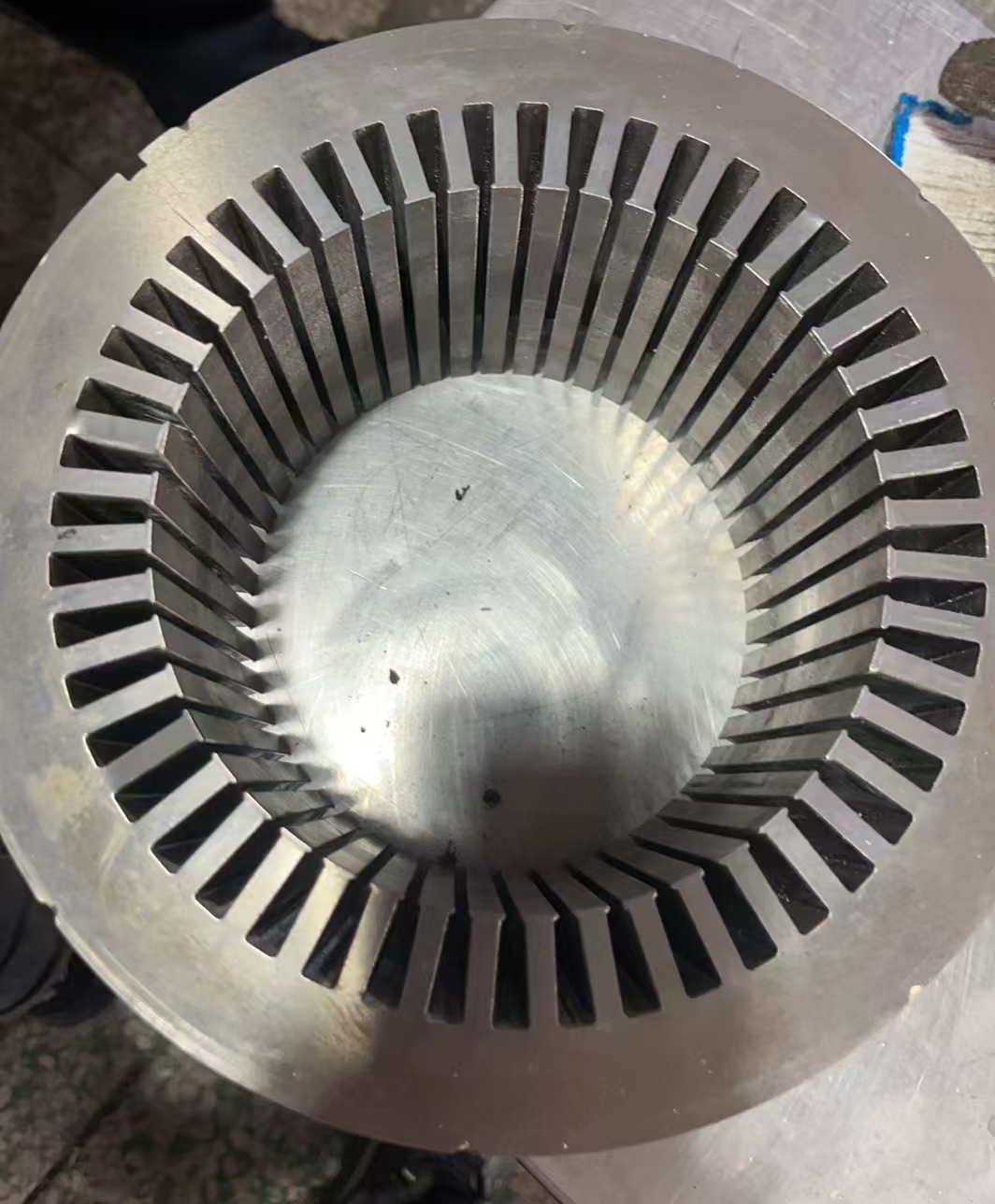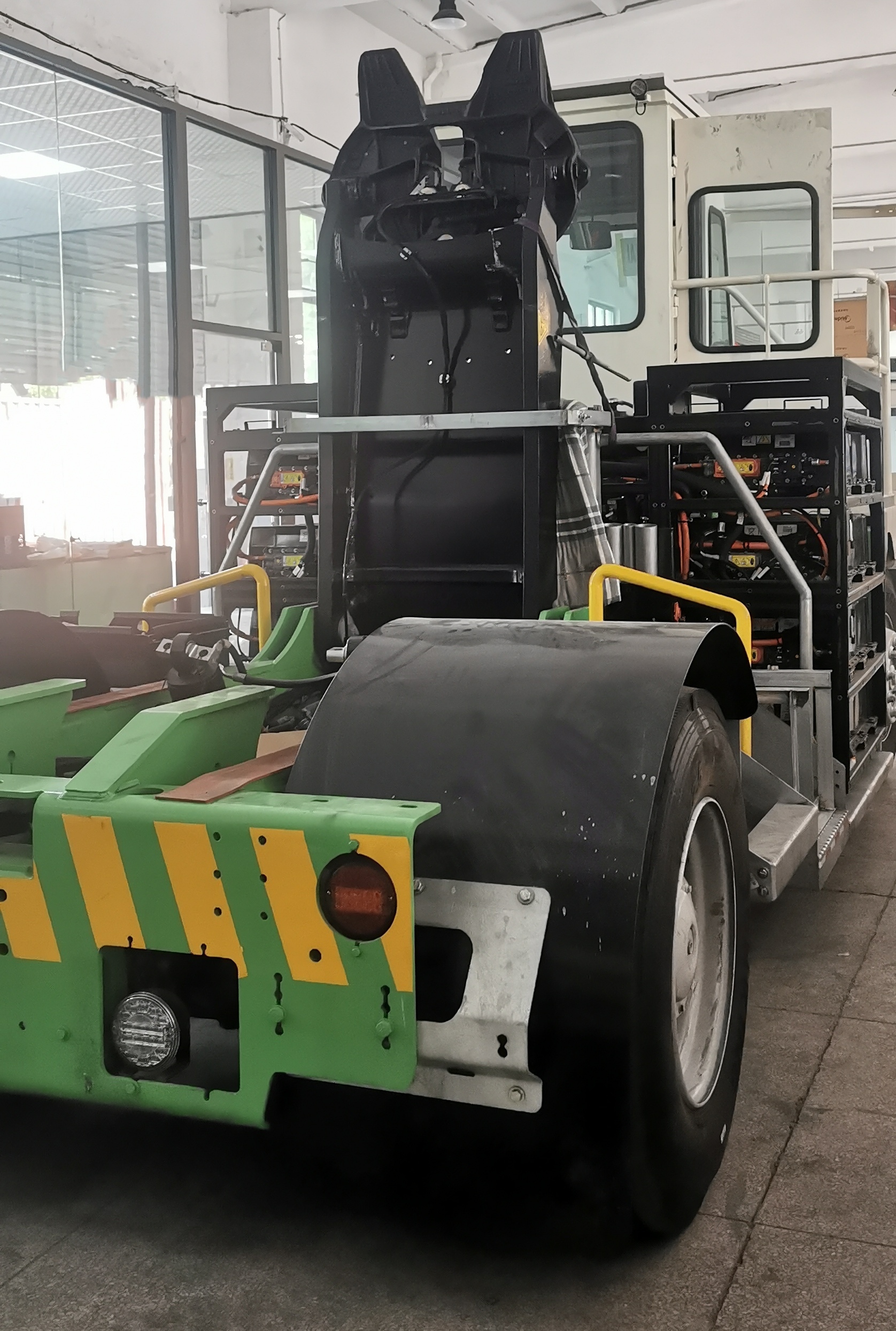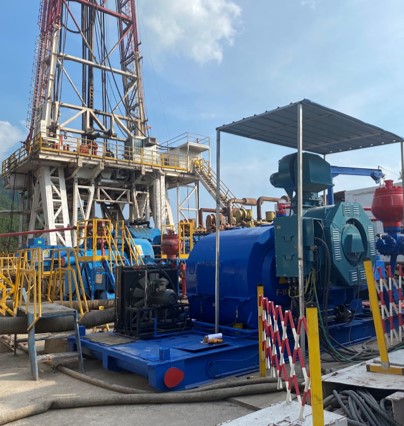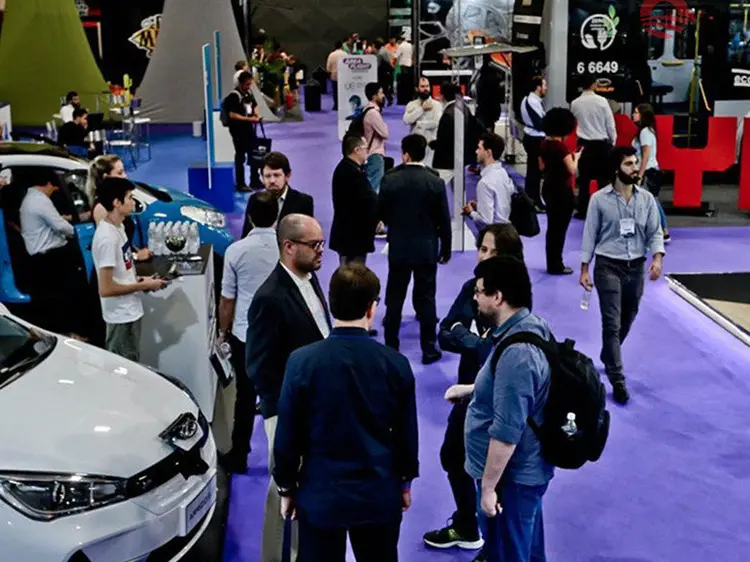The Future of Automotive DC converters: Efficiency, Innovation, and Market Growth
Introduction: Powering the Future of Automobiles
As electric and hybrid automobiles continue to transform the world automobile market, the automotive DC converter has come to be one of the most significant devices ensuring efficient energy delivery and reliable power control. In each new electric or hybrid vehicle, a DC converter regulates voltages between high-voltage traction batteries and low-voltage systems, enabling smooth operation on numerous electronic subsystems.
This conversion is the major milestone towards sustainable and intelligent transportation. With the world's push for electrification, the motor vehicle DC converter is the backbone of future car power systems to ensure energy spreads well, effectively, and safely across complex car systems.
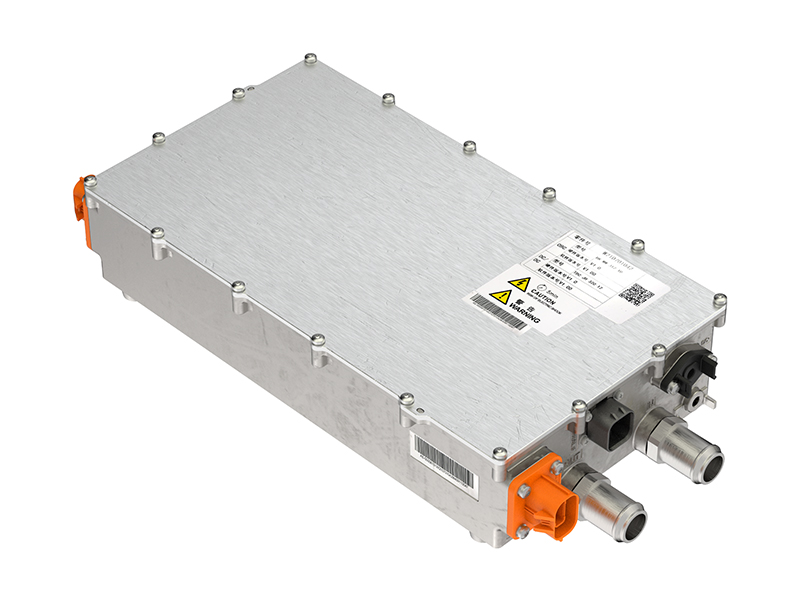
Key Benefits of Automotive DC converters
An automotive DC converter is a component that converts electrical power from a different voltage level to another, providing reliable and efficient energy to essential automotive systems. Its advantages are greater than simple voltage regulation—it increases system safety, battery life, and total vehicle performance. And the most significant advantages are:
High Efficiency: Extends energy transfer, reduces loss, and maximizes battery performance.
Compact Design: Geared for the limited space in EV and hybrid topologies.
Thermal Stability: Offers stable operation in changing load conditions.
Cost Efficiency: Saves energy and lowers the cost of ownership.
Whether employed in electric, hybrid, or gasoline-powered vehicles, the converters are a force to be reckoned with in charging up infotainment systems, lighting, battery management, and safety features—offering seamless performance and equilibrium of energy for all systems.
Different Applications in Modern Cars
Current vehicles are just rolling electronic ecosystems. Every major subsystem relies on precise voltage control in order to operate safely and efficiently. The automotive DC converter makes this possible by serving as a bridge between varied electric components. The primary applications are:
Battery Charging and Management Systems: Supplies consistent charging for accessory batteries.
Electric Power Steering and Braking: Provides consistent voltage for smooth driving.
Lighting and Infotainment Systems: Maintains comfort and communication functions.
Comfort controls: Ensures optimum operation of heating and cooling systems.
In electric and hybrid cars, the converter connects high-voltage drive systems to low-voltage auxiliary systems and provides balanced power flow in the vehicle. Effective DC conversion is needed for energy transfer, lest energy transfer remains unstable and reduces performance with system inefficiencies.
Why Use a DC to DC converter for cars in Automotive Design?
In advanced auto design, selecting a suitable DC to DC converter for automobile systems is crucial in maximizing power utilization and promoting electrical stability. Through ensuring precise voltage to all subsystems, the converter prevents overloading or underpowering devices—critical for safety and durability. The main outputs are:
Improved vehicle efficiency and power sharing.
Electrical system stability.
Extended component life.
Reduced maintenance required.
By smart energy management, DC to DC converters in cars directly correlate with improved performance, lower emissions, and increased sustainability—aligning with global goals for cleaner transport.
Typical Problems and Constraints
Even as they are essential, automotive DC converters bring engineering challenges that must be addressed by innovation:
Effective thermal dissipation management in space-restricted environments.
High efficiency under dynamic driving scenarios.
EMC compatibility with other car electronics.Cost versus reliability trade-off for high-volume production.
Overcoming these challenges requires continuing research, high-quality materials, and advanced control software. Those companies that get these challenges right are setting new standards for the industry.
Technological Breakthroughs Drives the Industry
The DC converter market in the automotive industry is developing at a rapid rate with the push of new materials, increasingly smart electronics, and digitalization. Some recent breakthroughs include:
Wide Bandgap Semiconductors: Facilitating increased efficiency, increased switching frequency, and decreased thermal loss.
Digital Control Systems: Ensuring precise voltage regulation and energy management adaptation.
Thermal Lightweight Materials: Optimizing cooling performance while reducing converter weight.
Modular and Flexible Designs: Supporting multi-vehicle types and easier integration.
All these developments have transformed the DC to DC converter for automotive from a basic voltage regulator into a smart, networked power management module with predictive diagnostic and adaptive optimization features.
Market Trends and Future Outlook
The automotive DC converter market is experiencing phenomenal growth with increasing global adoption of electric vehicles. Stringent emissions laws, advancements in battery technology, and the emergence of autonomous and connected cars are fueling the trend.
Future converters will not only pass energy but also act as intelligent power management nodes, exchanging data with other systems to ensure maximum performance, efficiency, and recovery of energy. With more widespread integration of renewable energy sources, converters will be at the center of connecting on-board storage to charging stations and grid systems.
Overall, the market situation is robust, with scalability and innovation driving global demand for next-generation automotive DC converters.
Why to Partner with Trusted Manufacturers and Suppliers?
The appropriate manufacturer of your car DC converter or car DC to DC converter ensures quality, performance, and dependability. Reliable manufacturers provide:
Tailor-made Solutions attuned to EV and hybrid platforms.
Extensive Quality Testing to international standards.
Technical Support and After-Sales Service for maximum performance and durability.
Collaboration with experienced partners guarantees that your energy management systems are effective, secure, and future-proof for the era of smart mobility.
Conclusion
The future of the automotive DC converter is shaping the next generation of intelligent transportation. With increasing electric mobility, these converters not only optimize energy efficiency but also enable smarter, connected, and environmentally friendly vehicles.









